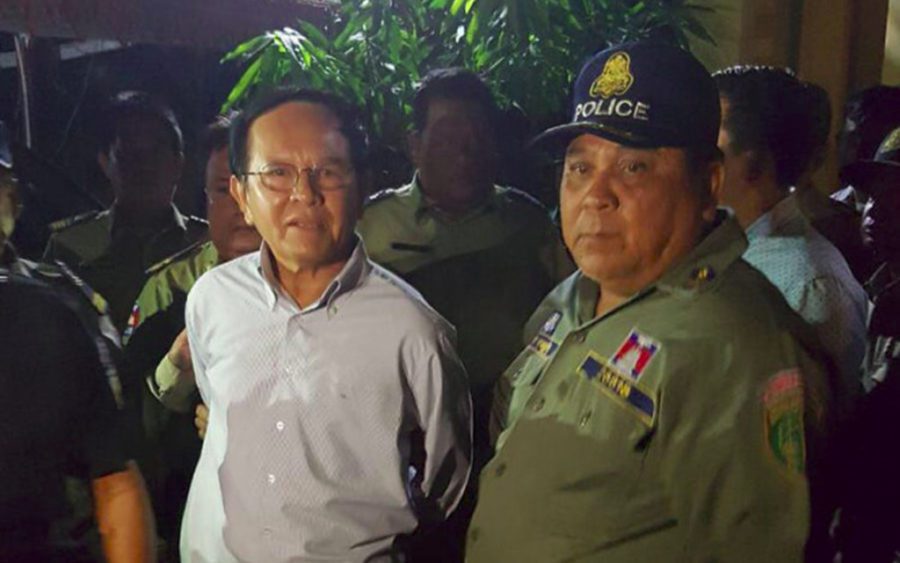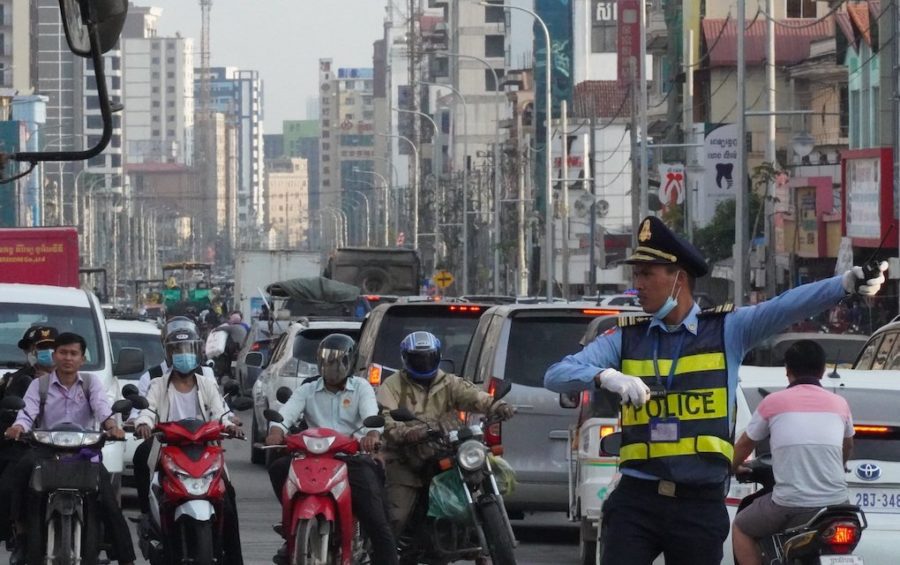A bill to sanction Cambodian officials over “government efforts to undermine democracy” is being considered by the U.S. House foreign affairs committee for at least the third time.
The Cambodia Democracy Act of 2021 was introduced this week and considered by the committee on Wednesday.
The text remains largely the same as the Cambodia Democracy Act of 2019 and the Cambodia Democracy Act of 2018, both of which passed the U.S. House but were never passed by the country’s Senate.
The bill would sanction government, military and security officials determined to have “directly and substantially undermined democracy in Cambodia” or “committed or directed serious human rights violations associated with undermining democracy in Cambodia.”
Assets would be blocked and visas denied over a five-year period.
The U.S. has been pursuing sanctions against Cambodia since the dissolution of the main opposition CNRP in 2017, which came after the party’s president, Kem Sokha, was arrested for treason for allegedly working with the U.S. to topple the government.
During his ongoing trial, Sokha has been questioned about whether he has received funds and support from the U.S., including democracy-building groups the National Democratic Institute and International Republican Institute. Sokha used a $450,000 IRI grant to found the Cambodian Center for Human Rights in 2002, but has denied that the U.S. financed his political parties. VOD was started as a part of CCHR in 2003.
The U.S. has previously used its Global Magnitsky Act to freeze the assets of two Cambodian generals, Kun Kim and Hing Bun Heang; tycoon Try Pheap; and ex-Macau triad boss Wan Kuok Koi, also known as “Broken Tooth,” who had business interests in Cambodia.
The Foreign Affairs Ministry has called those sanctions “very disturbing … based on groundless accounts and accusations in total disregard of the legal and judicial independence of the country.”
Pressure from the U.S. has been high this year, with a visiting diplomat pressing the government over alleged military cooperation with China, and USAID defunding government efforts at environmental conservation due to authorities harassing and silencing community groups trying to protect forests.
The 2021 bill does not yet contain a section on findings about democracy in Cambodia, but the 2019 version accuses the government of restricting the work of civil society, restricting the media environment and arresting Sokha on politically motivated charges, and says Cambodian elections since the 1990s “were not free and fair, and were marked by fraud, intimidation, violence, and the government’s misuse of legal mechanisms to weaken opposition candidates and parties.”












